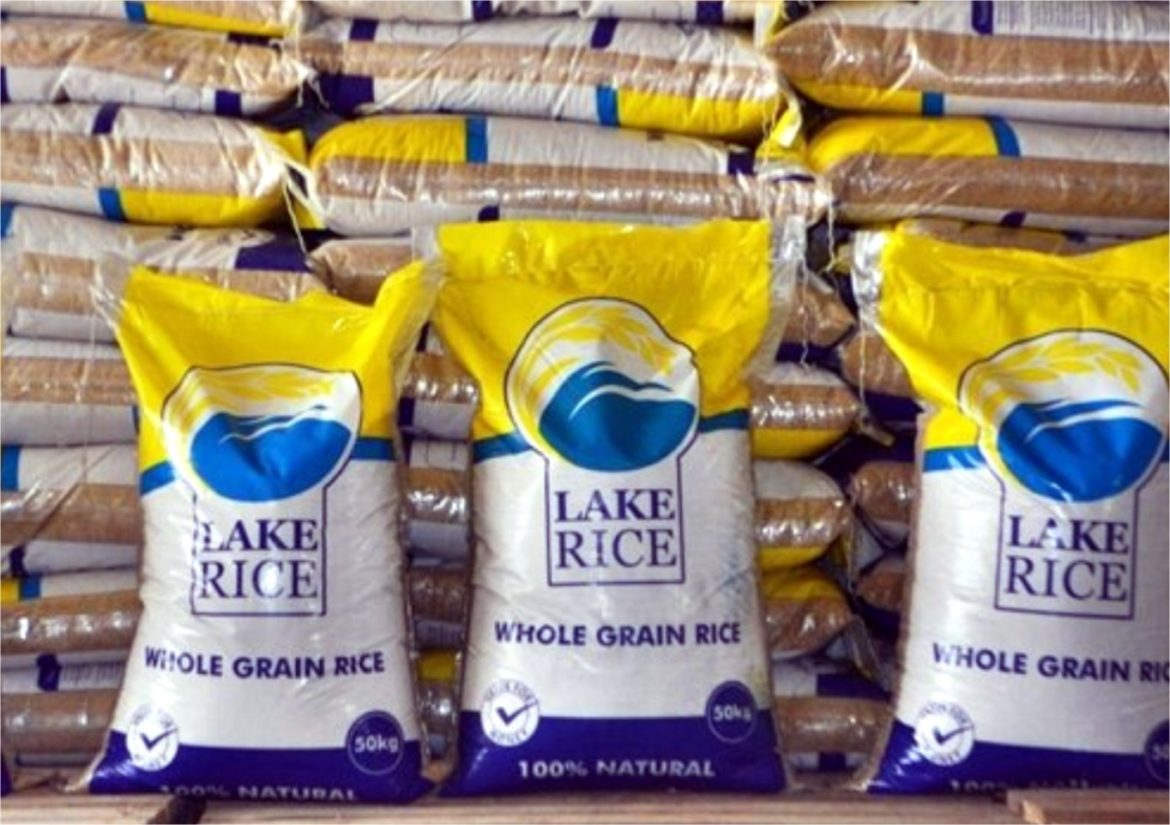The Lagos State Commissioner for Agriculture, Ms Abisola Olusanya, said that Lake rice, which was a collaboration between the Lagos State and Kebbi State Governments, is still in existence and will soon be back in the market on a big scale.
Olusanya disclosing this during a ministerial briefing to commemorate the second year in office of Governor Babajide Sanwo-Olu, attributed the sudden disappearance of the Lake rice to the disruption of COVID-19 pandemic and last year’s devastating flooding, which wreaked havoc on rice plantations in Kebbi and other northern states.
Read Also: Osinbajo To Declare Open 2021 Abia Business Summit, Commission State Projects
Olusanya in her statement said, “It is not that Lake rice is missing to the extent that it will not surface again. Lake rice is still in existence. I think we need to go back to a lot of things that happened last year. Lake rice was available last year in January and February, COVID-19 hit us in March and subsequently, we had issues around flooding, particularly in Kebbi.
“The impact of the flooding was grave on rice farms in the state. So, it is not so much about why it is not available, it is a function of why in the producing state there were so much issues of production and supply, for them to process and send to us,” she said.
“Kebbi is the number one producer of rice in Nigeria, so it only makes sense for Lagos to partner with the state to get processed rice.
But part of the agreement also is that if Lagos State is setting up its own rice mill, the agreement is going to shift from receiving processed rice to receiving paddy rice for us to process in our mill. So, it’s not that the partnership has been terminated,” she said.
She announced that once the state mill in Imota, Ikorodu is completed, the state would have its own brand adding that the 32 Metric tonnes per hour capacity integrated rice mill under construction is the biggest in Nigeria and in West Africa and at full capacity is capable of producing approximately 2.4 million (50kg) bags of rice for the over 22 million people in the state and for Nigerians as a whole.
Olusanya said that the mill will further create employment of approximately 267,580 jobs in the state at different stages of the value chain, reduce the cost of rice locally, enhance food self-sufficiency and revenue generation in the state and the country at large, as well as, ensure a sustainable supply of wholesome rice at an affordable price to the people in Lagos and its environs.

